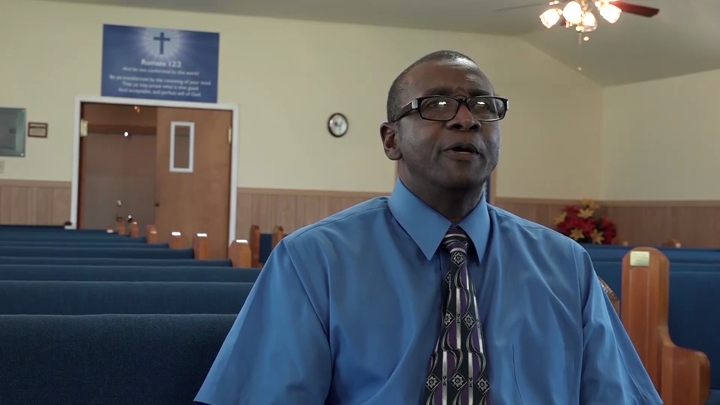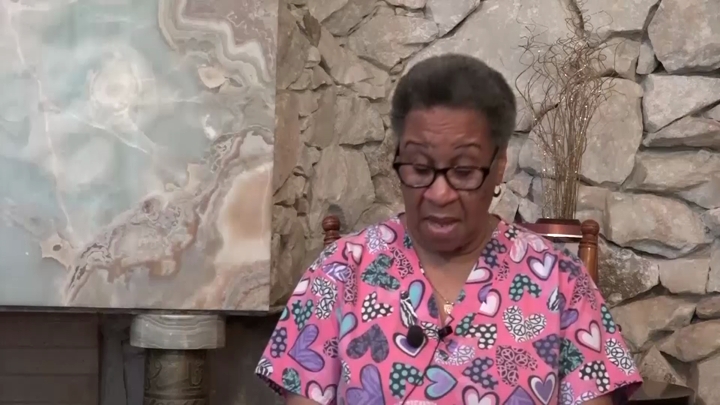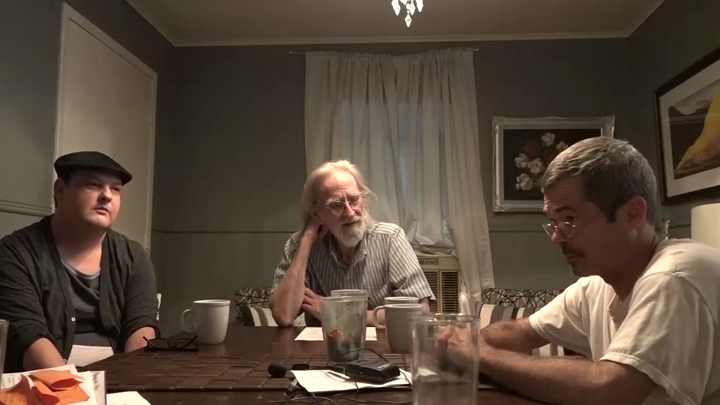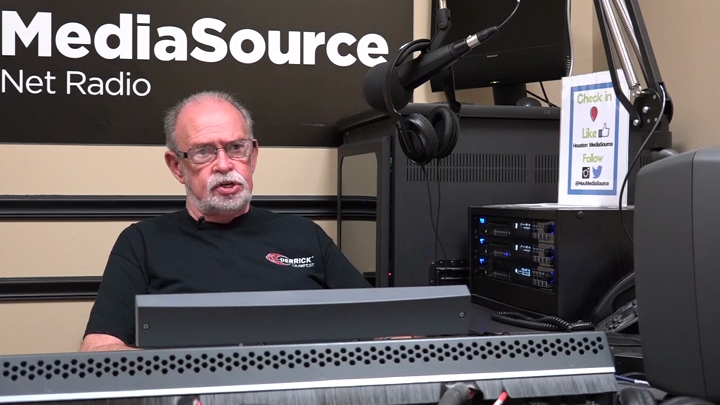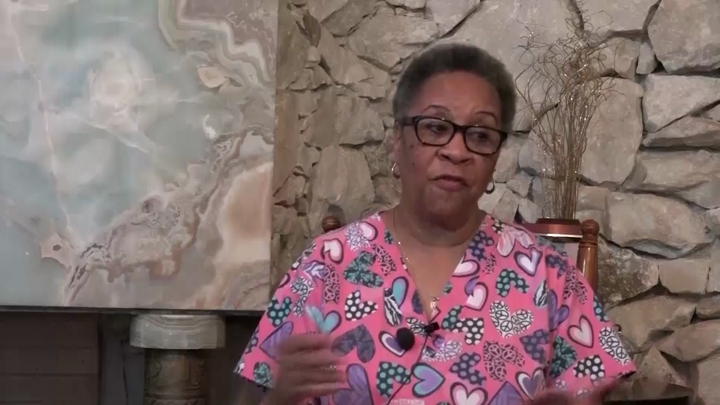Abdullah / Childhood Memories
sign up or sign in to add/edit transcript
Interviewer: You grew up here in Nacogdoches. What was your childhood neighborhood like? Helena Abdullah: Oh my gosh. You couldn’t steal a plum without somebody telling your mother. Which is what we did as kids. Everybody’s back yard had a peach tree, plum tree, pear tree. You didn’t go hungry, that’s for sure. Everybody had vegetables everywhere. It was a village too because no matter where you went, somebody was looking out for you. You didn’t have to be someplace and get in danger and someone wasn’t coming to your aid. On the flip side of that, you couldn’t do anything where two or three people were going to call your parents before you got home. It was a close-knit community and I miss that so much. Oh my gosh. I miss that so much for my children and my grandchildren. We didn’t have anything. Nobody had anything. But we had everything we needed. The communities were close-knit. Everybody looked out for one another. We didn’t even have a door key to lock the front door! You didn’t need it! Nobody would go in your house. Nobody would take anything from your yard. There was the utmost respect for everybody. It was a wonderful time even though it was hard times because it was back in segregation. It didn’t affect us so much in our communities because we didn’t go outside of our community. I remember, as a girl again, my dad coming home from work and telling my mother they had abolished the poll tax. That was a tax that they imposed on people when blacks started getting the right to vote to keep blacks from voting. I think it was about twenty-five cents back then or something like that. He said that they had abolished it and he was so happy that he didn’t know what to do because that meant that people in the rural areas were going to be able to come to town. A quarter went a long way back then. You could buy a loaf of bread. When we would go to Mr. Arthur Weaver’s store, daddy would give us a quarter when we were little because he worked at Lone Star. That was allowance on Fridays. We could go to Mr. Weaver’s store and we could get a soda pop, an ice cream bar, and cookies for twenty-five cents and you’d have a dime left over. For the next couple days, you could go get a candy bar. My children, when I was telling them about that when they were little about that they said. "Oh mama I wish we still lived like that." I said "Yeah, in a sense, I wish we still did too because you could enjoy the things that I enjoyed in my childhood." It was a wonderful time to grow up back then. Interviewer: You mentioned that you grew up during segregation. What is your first or most important childhood memory of segregation? Of race-based discrimination? Helena Abdullah: The very first time that I experienced any kind of racism was when I was a student at Stephen F. Austin University. I was in a swimming class. This girl was the granddaughter, or the daughter of Linville Martin, who at the time, I didn’t know him. I found out later, because I never forgot, I know her name was Martin, but I can’t remember her first time. I mentioned it to someone and they said well that was Linville Martin’s daughter. I was the only black in my class other than—her name was Mildred. I can’t remember her last name, but she was from another small town outside of Nacogdoches. We were in the swim class together. When it was my time, when the swimming instructor called my name to go do my dive, she flicked water “Hurry, hurry, hurry, hurry, hurry,” and I got to thinking there’s too many of them and there’s one of you. So, I went on about my business. I didn’t do anything, but my first impulse was to shoot water back at her. We used to swim in a swimming pool that my grandfather was over the black recreation department. Mr. Arthur Temple had built a pool on our side of town. So, I had learned to swim. I knew how to swim, but I was learning how to dive because I wanted to be an Olympian swimmer. That’s why I was taking that swim class. I knew what I was doing in the water. I wasn’t afraid of her, but I didn’t know about the repercussions if I had. She did the flicking, but I was going to do a wave. But that was the first time that I experienced anything like that. I think I had to been eighteen at the time.
| Interview | Interview with Helena Abdullah |
| Subjects | Family |
| Housing › Neighborhoods | |
| Housing › Neighborhoods › Residential Segregation | |
| Discrimination or Segregation | |
| Citizenship › Taxes › Poll Tax | |
| Tags | Arthur Weaver's Store |
| Black Recreation Department | |
| Stephen F. Austin State University | |
| sign up or sign in to add/edit tags | |
| Interview date | 2016-06-30 |
| Interview source | CRBB Summer 2016 |
| Interviewees | Abdullah, Helena |
| Interviewers | Howard, Jasmin |
| Duration | 00:04:59 |
| Citation | "Childhood Memories," from Helena Abdullah oral history interview with Jasmin Howard, June 30, 2016, Nacogdoches, TX, Civil Rights in Black and Brown Interview Database, https://crbb.tcu.edu/clips/2300/childhood-memories, accessed March 01, 2026 |


